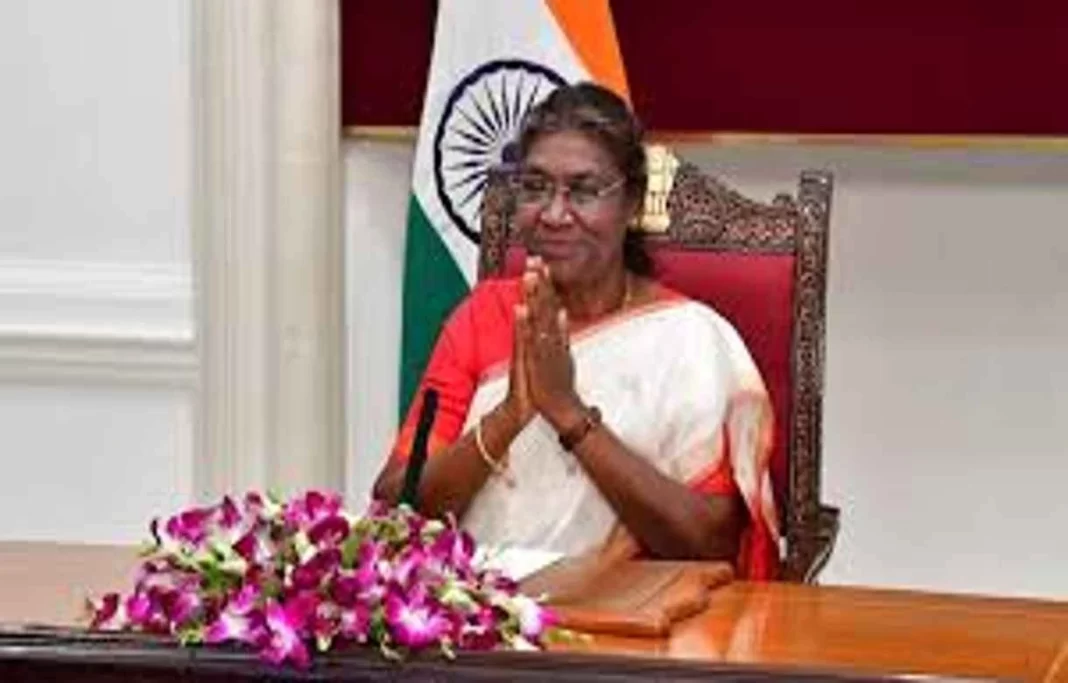President Droupadi Murmu on Monday gave her assent to the three criminal law bills namely Bharatiya Nyaya Sanhita, Bharatiya Nagarik Suraksha Sanhita, and Bharatiya Sakshya Sanhita replacing Indian Penal Code (IPC), the Code of Criminal Procedure (CrPC) and Indian Evidence Act respectively.
The three criminal law bills were cleared by the Lok Sabha on December 20 and Rajya Sabha on December 21. The bills were passed in the Rajya Sabha through a voice vote after being moved by Union Home Minister Amit Shah. In the concluding remark, chairman Jagdeep Dhankar said that these three bills which create history have been passed unanimously. He added that the bills unshackled the colonial legacy of criminal jurisprudence that was hurtful to citizens of the country and favoured alien rulers.
The bills were passed in the lower house of the Parliament on December 20, amidst suspension of 141 opposition MPs from both houses. The criminal bills have been under scrutiny with concerns raised by opposition leader Adhir Ranjan Choudhary and Kapil Sibal. The leaders have underlined potential violation of human rights and the inadequacy of safeguards against excesses by law enforcement agencies.
Nonetheless, Union Home Minister Amit Shah had defended the bills in both the houses. The Union Minister had asserted that they marked a departure from the colonial-era criminal laws, shifting the focus from punishment and deterrence to justice and reformation. He emphasised the bills intent to place the citizen at the centre of the criminal justice system. Amit Shah also mentioned the legislation’s emphasis on digitisation, information technology, and the provision for mandatory videorecording of search and seizure procedures.
Though the bills were introduced by the Home Minister during the Parliament Monsoon Session, they were later referred to the home affairs standing committee. In November, the panel submitted its reports on the proposed bills, suggesting several changes. Later on December 12, the Centre reintroduced the three revised criminal bills in the lower house of the Parliament, withdrawing the previous version introduced in August.


